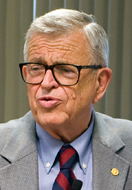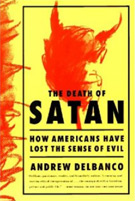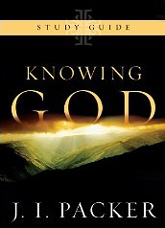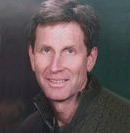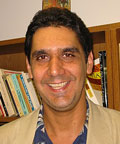by Peter Heck –
The debate over whether or not those practicing homosexuality should be eligible to obtain the legal status of “married” for their same-sex relationships is persistently mischaracterized by activists on both sides as an attempt to redefine marriage. For those opposing such a move, this is most likely an error of ignorance, while for those favoring, it likely is an intentional tactic of misdirection. To be clear, in order to “redefine” anything, there must be an alternative definition being advocated. To this point, no such proposed substitute has emerged.
In truth then, what is being pursued is not any redefinition of marriage, but rather the “undefinition” of it — an attempt to obliterate any fundamental parameters for what is to be perceived as moral and immoral sexual partnerships. To anyone paying attention over the last several decades, this effort should come as no surprise. [Read more…]


